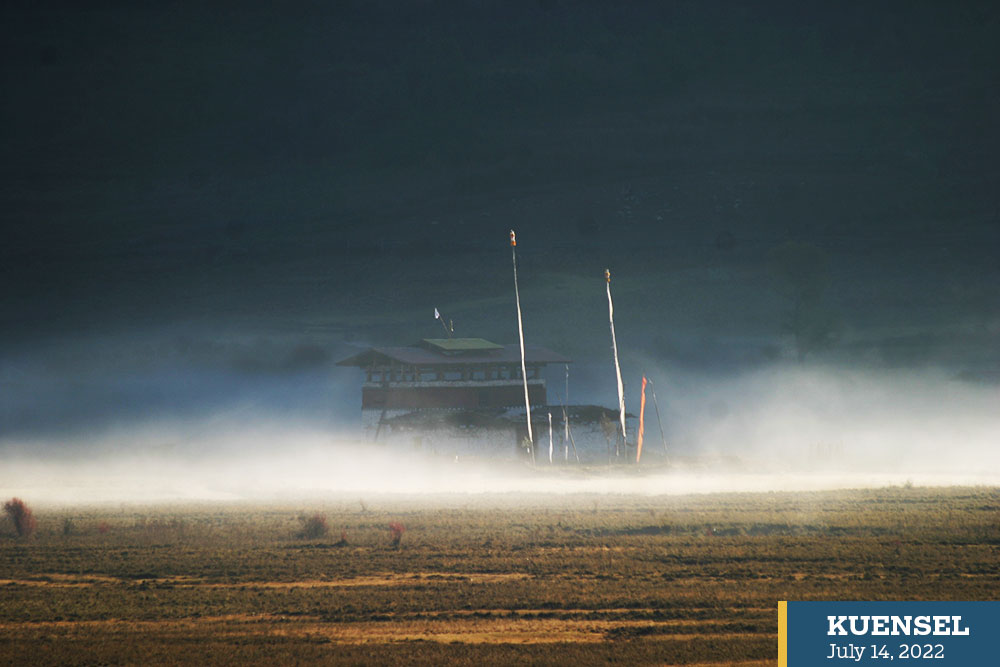The quandary of the responsible traveller
New buzzwords in travel are sustainable, regenerative and green. I think that while most travellers really want to travel and make a positive difference to the world, most of us would agree that there really is no way around the impact our flight takes on warming the planet. Then there is the ethical quandary of the possible drain on resources each visit results in vs the benefits a traveller’s cash and business generates. Studies show that an individual tourist uses 4 to 6 times more water than a local i . There is also the matter of food, and our tourist demand for fresh, organic produce, or the option to eat as though we were in our home country.
A tourist’s foreign currency is much appreciated, with the consequential jobs, and local industry a visit provides. (Although these are often mostly menial and basic jobs for unskilled locals.) For smaller, less developed countries, that stream of venue is a crucial part of their development budget. However, much of that tourism revenue is lost in imports in efforts to insulate visitors from the realities and scarcities that locals may be challenged with, like sufficient clean water or food security. Balance that against the increased waste each visit generates, and the blessing of tourist money starts to pall.
Guilt vs Discovery
For many of us, the jarring comparison between our luxurious vacation situated in a resource strained local environment is too much to bear. The guilt this results in can really ruin a time that is supposed to be relaxing and rejuvenating. Here’s the challenge: As responsible citizens of the world, we want to help, really, but we’re so burnt out by all the terrible things media tells us we’ve been doing unconsciously, from undermining vulnerable groups to our world slowly overheating and bursting with our careless pollution, plus pandemic fatigue. – We also really, really need a break! -We long for a natural, peaceful place where people are welcoming and our bodies, minds and souls can be soothed without guilt. – Are there really tribes in remote places that practice magic and believe in dragons where unclimbed mountains are covered in flowers. Can there really be a gentle King and beautiful Queen revered and loved by all? How about a natural spa set in staggering natural beauty, with luxurious waterfalls and soaring mountains, dotted with mysterious temples in impossible places? Could we hike to the famous Tigers Nest, nestled high in a cliff, in reverent silence, with deep resonant Buddhist chants echoing in the valleys below? Meditate under the devout tutelage of a scarlet clad monk? Bathe in the majestic silence of an ancient forest? What if all this were good for our hosts too?
Bhutan has produced a solution to benefit everyone. Now, a responsible tourist can revel in a dream vacation, in the highest luxury, the most authentic immersion, the most extreme adventure, or a mixture everything, and do something good for ourselves and the planet.
A solution that benefits everyone
How? Already the recipient of several internationally recognized Green Certifications, like Lonely Planets’ Best in Travel, Green Destination Gold Award and World’s Sustainable Destinations’ Earth Award, Bhutan has introduced a tourist levy of $200 per person per day that:
1. Offsets the carbon footprint of your flight with certification
2. Plants a tree to regenerate the amazing 70% of forest cover for each visitor, which creates an effective carbon sink. (Bhutan is the only carbon negative country.)
3. Contributes to a Sustainable Development Fund that:
a. preserves and protects the fragile ecosystem, fauna and flora
b. builds and retrofits green infrastructure
c. develops professionalism in tourism, with training and certification
d. supports development and green certification for all stakeholders
e. develops local providers and markets
f. nurtures local culture, handicrafts and arts
g. contributes to development projects that improve the lives of locals
h. addresses and prevents damage caused by over-crowding to major sites
4. Learn more and follow their progress on their website at https://www.bhutan.travel/, where you can find stories of sustainable projects that the SDF funds. Tourism Council of Bhutan is committed to transparency.
Travellers are free to choose their own accommodation, etc. with or without the guidance of a tour operator, although this is still recommended.
Come to Bhutan. Here you are free to find your travel bliss guilt-free because your impact on this delicate and mysterious world will be positive, thanks to this new policy.
Contributed by
Elaine Klitgaard
an independent sustainable tourism consultant, based in California, United States. Born and raised in South Africa, she has travelled widely in Africa, Asia, Europe and the Americas. She spent four months in Bhutan in 2021, working with The Tourism Council of Bhutan as a volunteer during the shutdown.
i “. while an average citizen consumes 127 liters per day, the consumption of a tourist ranges between 450 and 800 liters.” See https://www.wearewater.org/en/tourism-and-water-a-difficult-relationship-that-should-be-exemplary_282641


